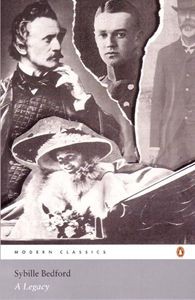 A Legacy by Sybille Bedford (1956).
A Legacy by Sybille Bedford (1956).
Appreciation of Sybille Bedford’s A Legacy by David Leavitt
A Legacy, Sybille Bedford’s remarkable first novel, might most simply be described as the story of two houses. “One was outrageously large and ugly,” Bedford tells us in the opening paragraph; “the other was beautiful. They were a huge Wilhelminian town house in the old West of Berlin, built and inhabited by the parents of my father’s first wife, and a small seventeenth-century château and park in the South, near the Vosges, bought for my father by my mother.”
So Bedford sets us down, with remarkable velocity and confidence, right in the middle of the world to which she is going to devote the next 360 pages. This is the world of Germany before the Second World War. The owners of the Wilhelminian townhouse are Jews; the heroine’s father is a Catholic aristocrat living in a sort of splendid rural poverty. As she is “bundled to and fro” between these two houses, our narrator—a version of Bedford herself—describes for us not just the struggle of her own growing up, but the complex intermingling of three very different families, as well as the rumblings of social and political change that underlie and ultimately disrupt the domestic and marital dramas in which she is enmeshed.
Because Bedford published A Legacy in 1956, her knowledge of what was to come invests the novel with an air of fragility and foreboding. The prose is stunning; raised in a mire of European languages, Bedford clung to English as a life raft, and she shows her gratitude by employing her adopted language with a grace and agility to rival Henry James’s. Yet what is perhaps most astonishing about this astonishingly rich novel—more memorable, for me, even than E. M. Forster’s Howards End, the other great English novel about houses—is the deftness with which its author reconciles two literary virtues that in other hands might seem irreconcilable: intimacy and grandeur.
Total Points: 5 (DL 5)
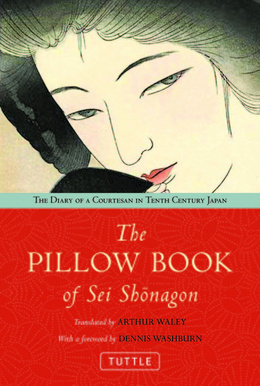 The Pillow-Book of Sei Shonagon (1592). This groundbreaking nonfiction work by a tenth-century lady of the Chinese court uses the list as the structure for personal essays that are bold, funny, unapologetic, and cantankerous. With titles such as “Embarrassing Things,” “Hateful Things,” and Things,” Shonagon reflects on her society, its mores in particular, and on humanity in general.
The Pillow-Book of Sei Shonagon (1592). This groundbreaking nonfiction work by a tenth-century lady of the Chinese court uses the list as the structure for personal essays that are bold, funny, unapologetic, and cantankerous. With titles such as “Embarrassing Things,” “Hateful Things,” and Things,” Shonagon reflects on her society, its mores in particular, and on humanity in general.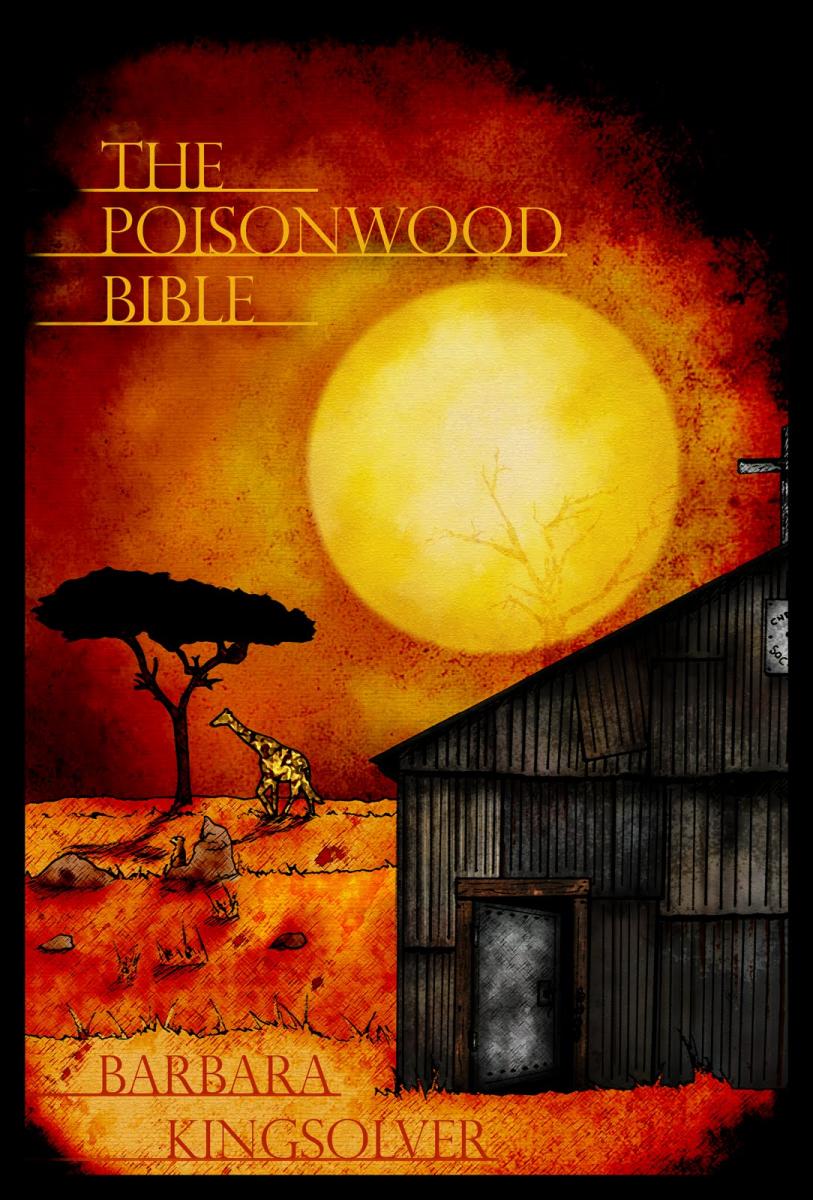 The Poisonwood Bible
The Poisonwood Bible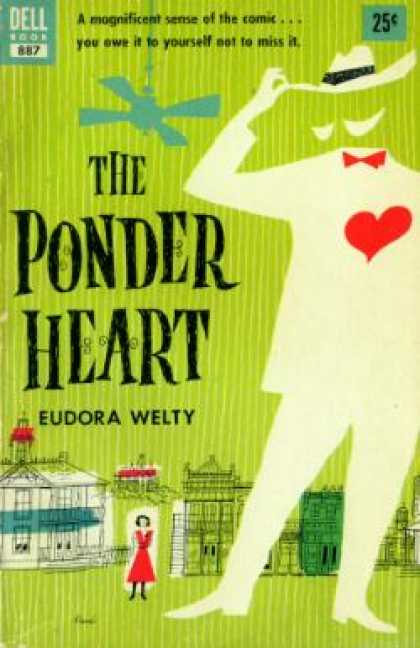 The Ponder Heart
The Ponder Heart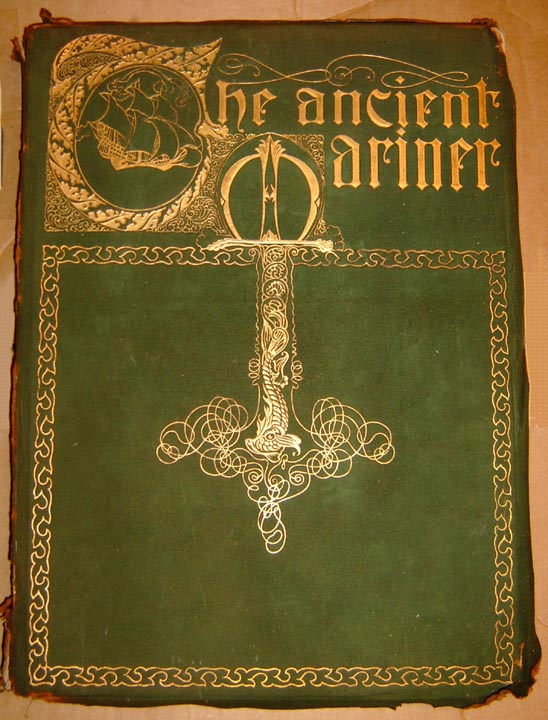 The Rime of the Ancient Mariner
The Rime of the Ancient Mariner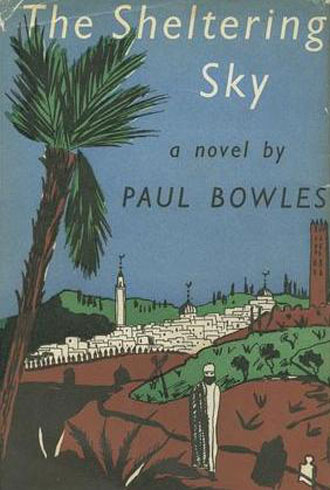 The Sheltering Sky
The Sheltering Sky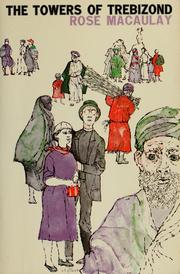 The Towers of Trebizond
The Towers of Trebizond Tropic of Cancer
Tropic of Cancer Turtle Moon
Turtle Moon Waiting for Godot
Waiting for Godot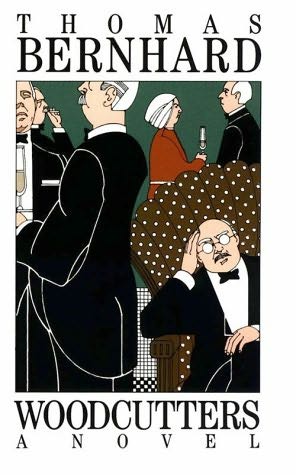 Woodcutters
Woodcutters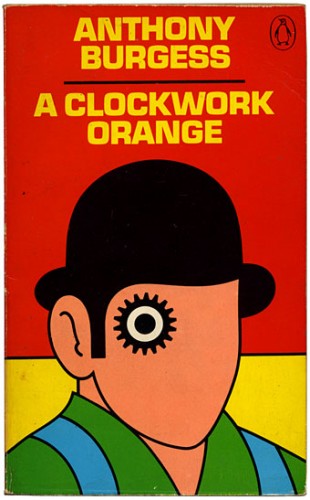 A Clockwork Orange
A Clockwork Orange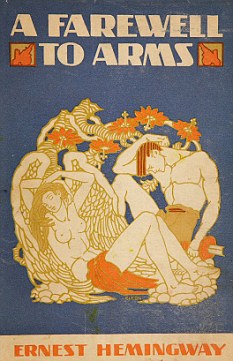 A Farewell to Arms
A Farewell to Arms A Legacy
A Legacy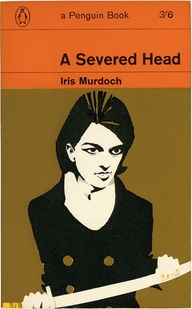 A Severed Head
A Severed Head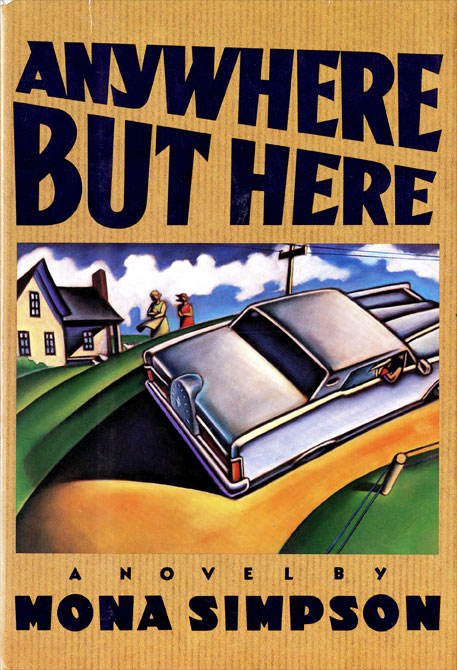 Anywhere but Here
Anywhere but Here Blithe Spirit
Blithe Spirit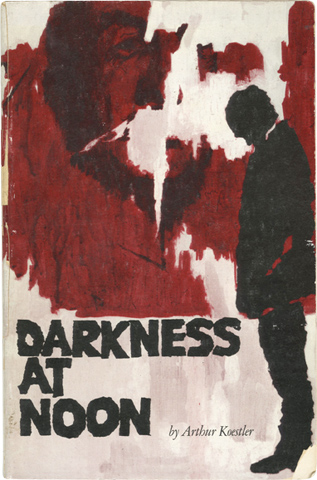 Darkness at Noon
Darkness at Noon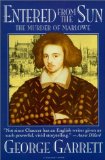 Death of the Fox
Death of the Fox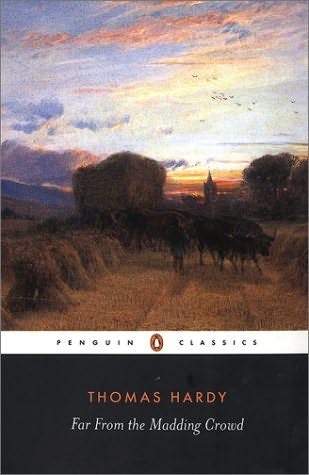 Far from the Madding Crowd
Far from the Madding Crowd Frankenstein
Frankenstein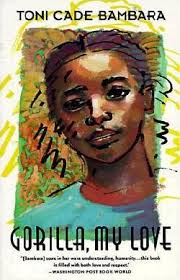
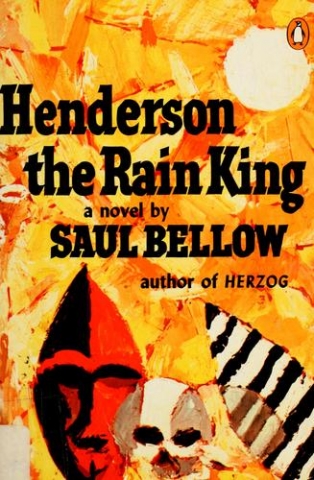 Henderson the Rain King
Henderson the Rain King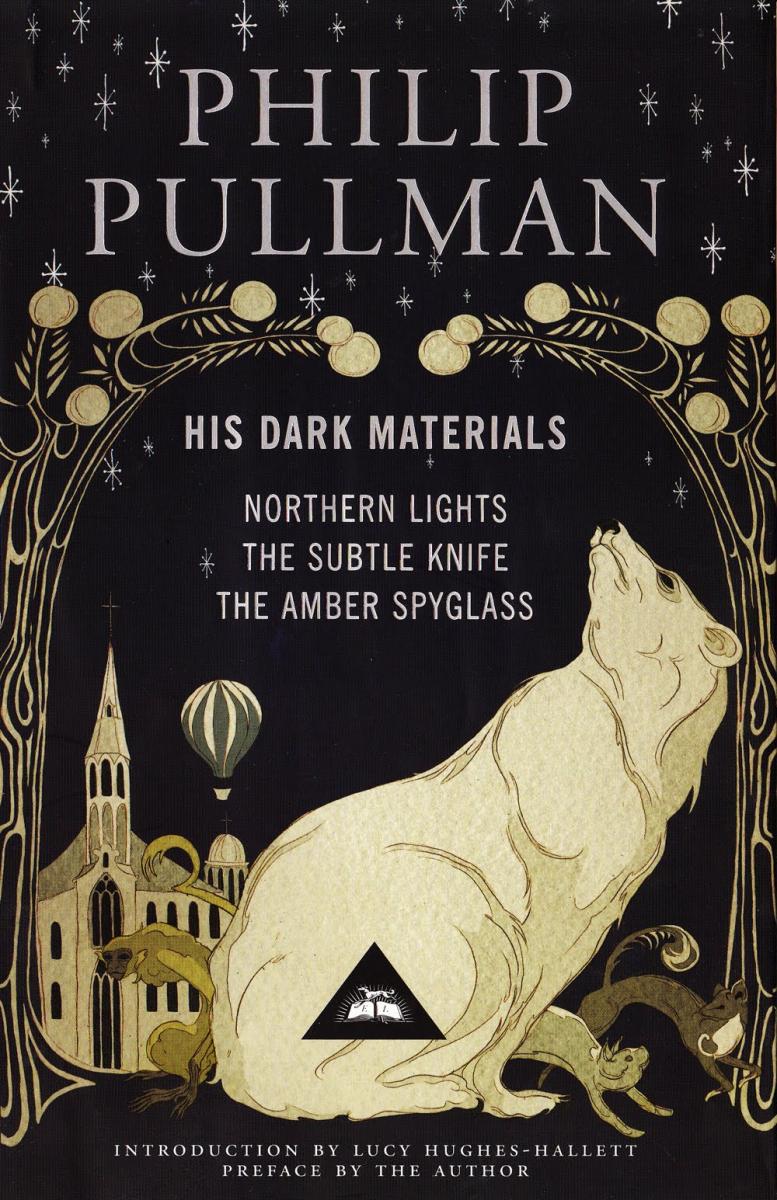 His Dark Materials
His Dark Materials